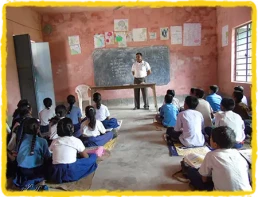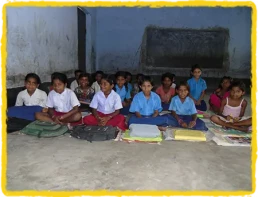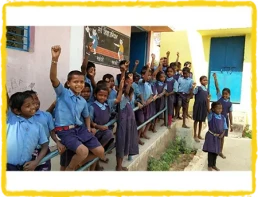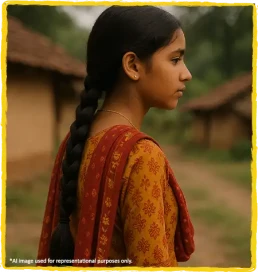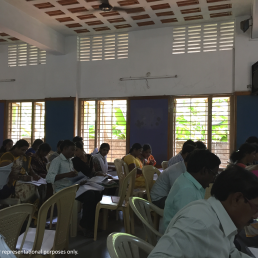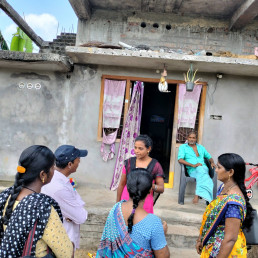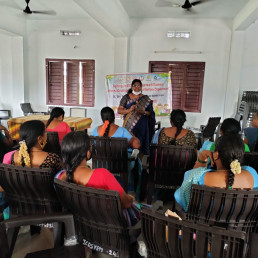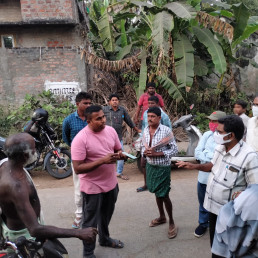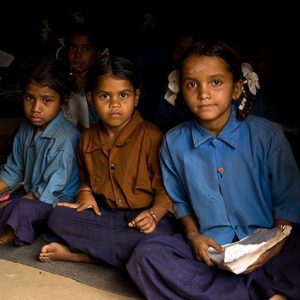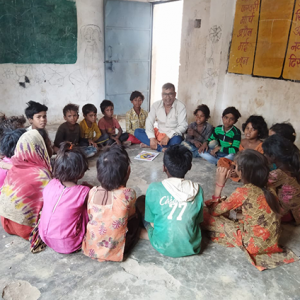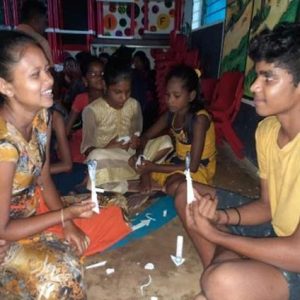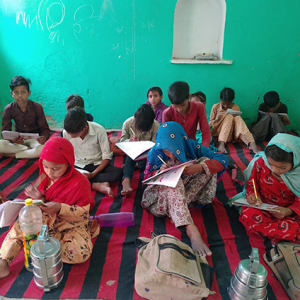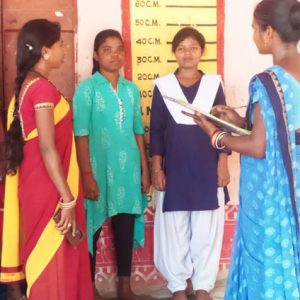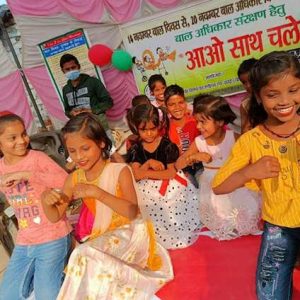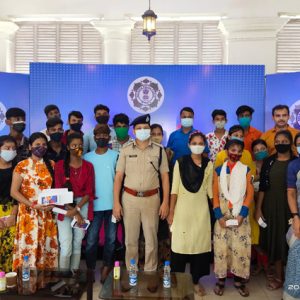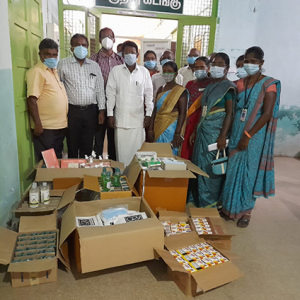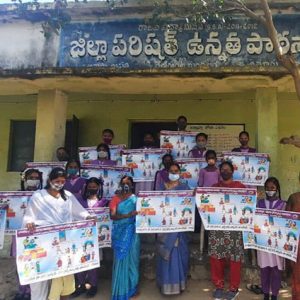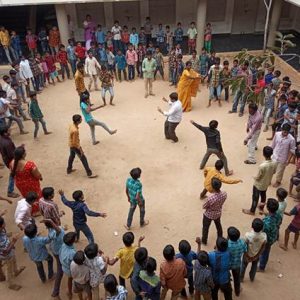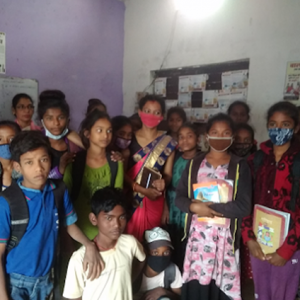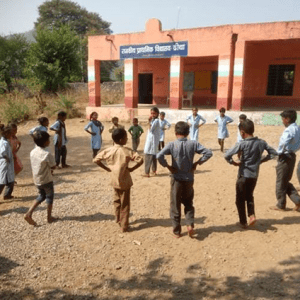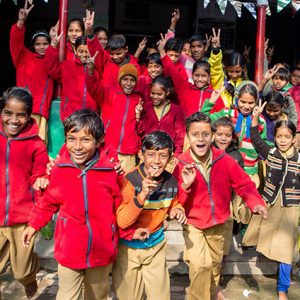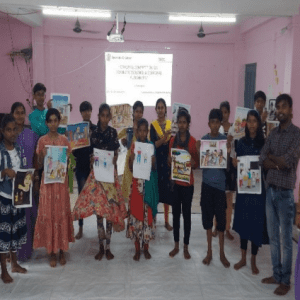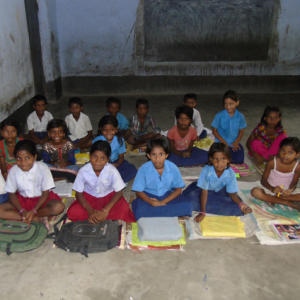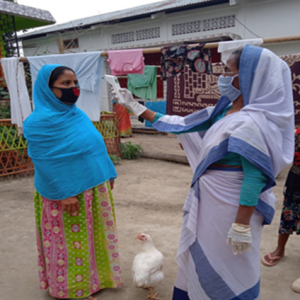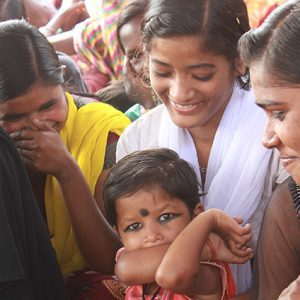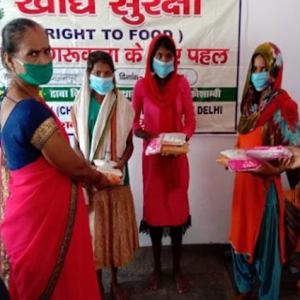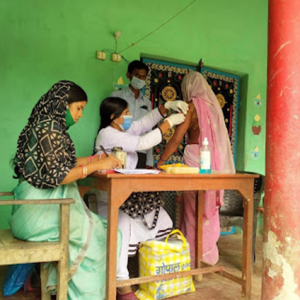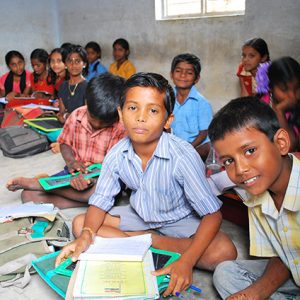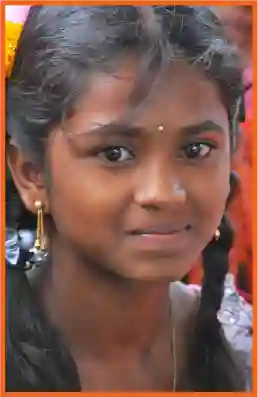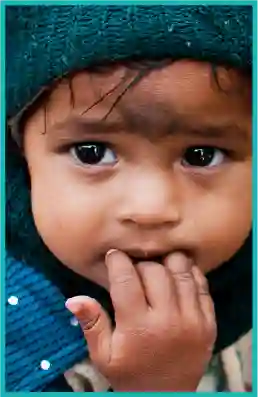Campaign Story
About the project
Giridih district in Jharkhand struggles with poor school infrastructure, low social and economic status, and deep-rooted traditional beliefs that hold back children’s right to education as well as their overall health. These issues reflect on the children’s lives across 30 villages, leading to irregular attendance and a high dropout rate in both schools and Anganwadi Centers (AWCs) for preschool education. As schools remain non-functional or poorly managed, children here are at a greater risk of child marriage and child labor.
Making a difference
CRY America’s Project Jago Foundation team is working with community stakeholders to improve infrastructure and promote regular attendance in 4 model schools, 16 model Anganwadis, and CRY’s Adolescent Resource Center, where children learn digital and life skills. Key interventions include infrastructural developments and training for Anganwadis, encouraging kitchen gardening and vaccinations to support infant health, and sensitizing School Committee members on issues like dropout and irregular attendance. Another key intervention is formation of Children’s Collective and Adolescent Collective to sensitize children and youth on issues of child marriage and child labor.
The way forward
● Ensure all 811 children (3–6 years) access quality preschool education and transition to primary school
● Monitor 15 AWCs for improved preschool implementation
● Strengthen 27 AWCs by creating development plans with Anganwadi workers and community stakeholders
● Develop 1 district-level model AWC to showcase to government authorities
● List 75 children eligible to transition from preschool to primary school
● Ensure all 6019 children (6–14 years) stay in school, including 28 irregular students
● Provide support classes to 84 children through 4 learning centers
● Support education of 10 vulnerable children by providing stationery
● Conduct career counselling for 45 students who cleared their 10th and 12th board exams
● Link 100 families to social security programs
Project Impact


72
Children transitioned from Anganwadis to formal schools


307
Children and women benefitted from kitchen gardening practices


553
Children and women received complete vaccination


197
Adolescent girls educated on Sexual and Reproductive Health and Rights (SRHR)


120
Children benefitted from digital education introduced in schools
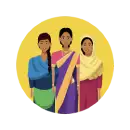

650
Community members participated in awareness drives against child labour and child marriage


108
Parents trained through the Parent Module


344
Children and youth from collectives attended sessions on child rights and protection issues


10
Girls from the collective stopped their own child marriages


185
Children received Life Skills sessions











